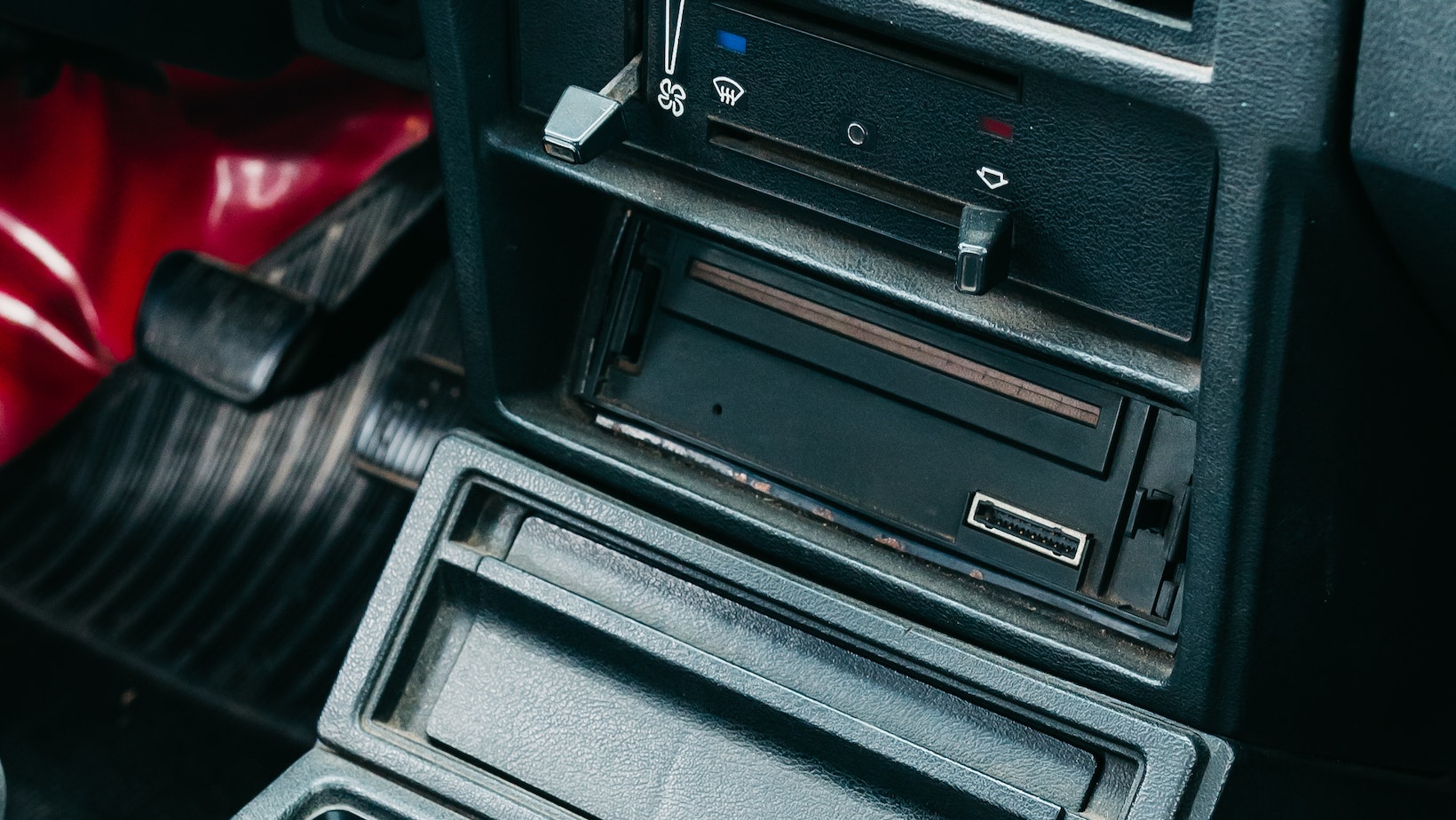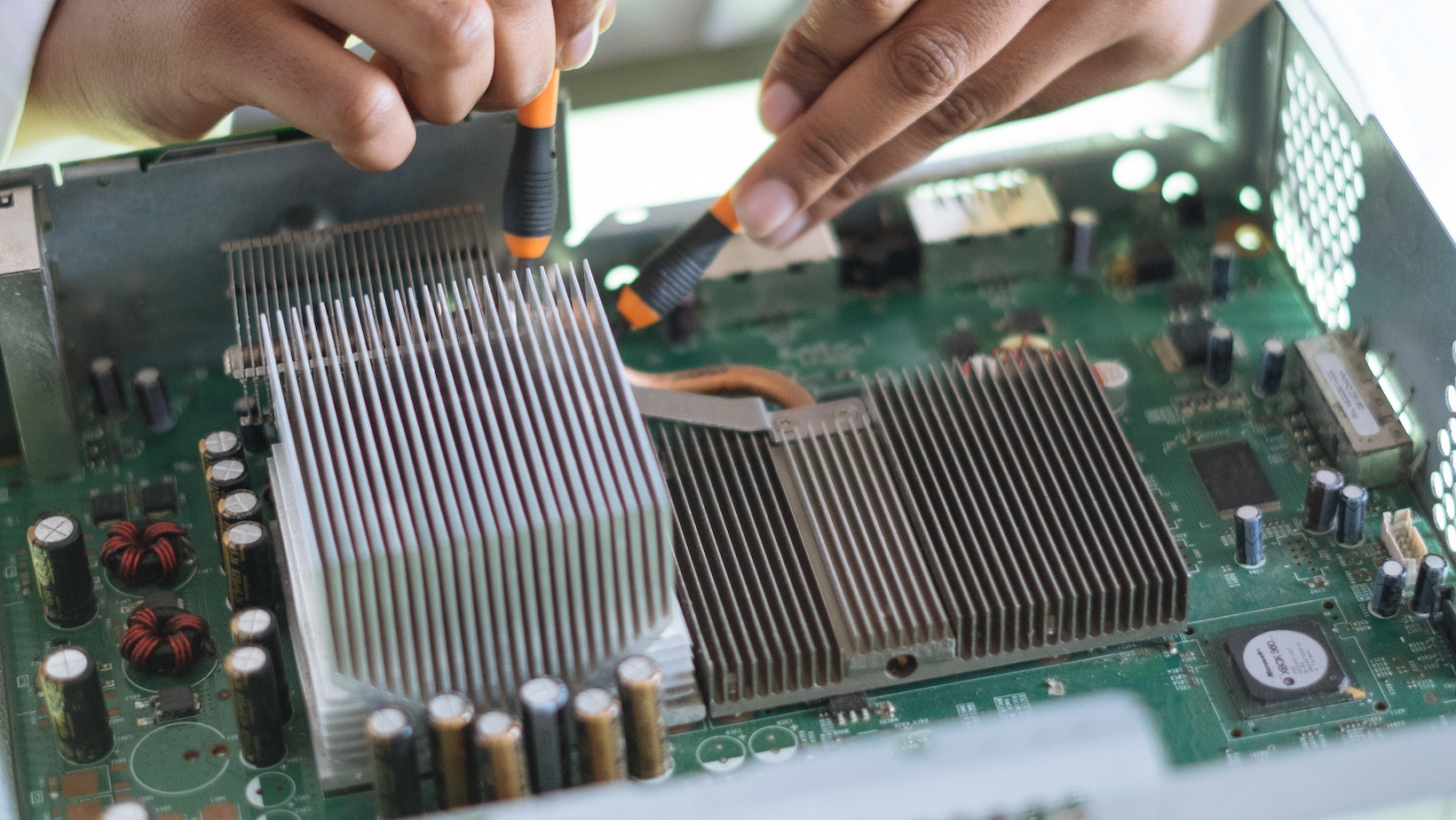
Car AC Condenser Leak Repair
We’ve all been there – it’s a sweltering summer day, and just when you need it the most, your car’s air conditioning decides to take a vacation. Puzzled, I pop the hood only to find that my car’s AC condenser is leaking. This isn’t just an inconvenience; it’s a serious issue that needs immediate attention.
In essence, the AC condenser plays a vital role in your vehicle’s air conditioning system. It cools down and condenses incoming refrigerant vapor into liquid form. A leak in this crucial component can lead to less efficient cooling or even complete failure of the AC system.
If you’re like me and prefer hands-on solutions, tackling a car AC condenser leak repair might sound daunting but with some guidance and patience, it’s certainly doable. Through this article, I’ll walk you through the process of detecting leaks right up to how we could possibly fix them ourselves!

Understanding Car AC Condenser Leaks
I’ve been working in the auto repair industry for quite some time now, and one thing I’ve noticed is that car AC condenser leaks can cause a lot of headaches. But don’t worry, I’m here to help shed some light on this topic.
A car’s air conditioning system is crucial for comfort during those hot summer drives. At the heart of this system lies the AC condenser – think of it as the workhorse that cools down the refrigerant, enabling your vehicle to blow out cold air. Now, imagine this workhorse springing a leak; you’re left with an inefficient AC system or worse, no cool air at all!
So how does a leak happen? Well, several factors can lead to a car’s AC condenser leaking. These include:
- Vibration: As your car moves over bumpy roads or potholes, it vibrates intensely which can weaken and eventually damage parts of your cooling system.
- Debris: Small stones or other road debris might hit your condenser (especially since it’s located at the front of most cars), causing punctures and subsequent leaks.
- Corrosion: Over time, moisture mixed with certain chemicals can corrode parts of your condenser leading to holes where refrigerant could escape.
You might be asking yourself – “How do I know if my AC condenser has sprung a leak?” Signs such as warm air blowing from vents when you crank up your AC or seeing puddles of refrigerant under your parked vehicle are red flags not to ignore.
Fixing these leaks isn’t always straightforward though. Depending on how severe they are, you might need anything from simple sealing jobs to full-on replacements! Remember: regular check-ups by professionals will go far in catching potential issues early before they become major problems.






































